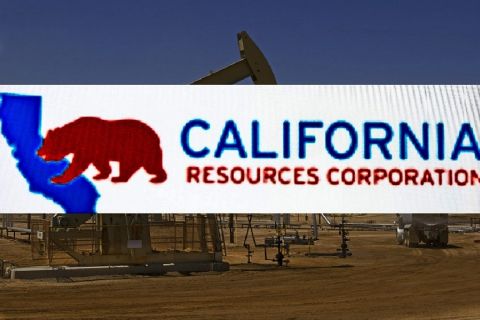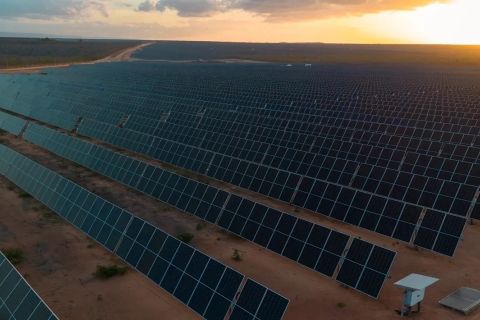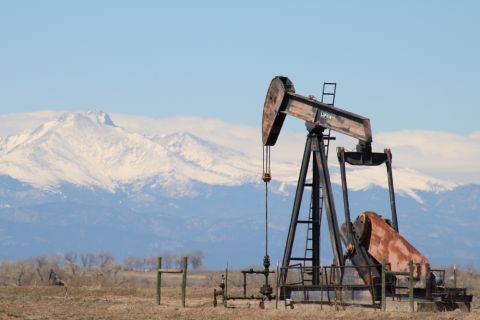Wood Mackenzie has completed a review of deepwater exploration activity in the
Zoë Sutherland, Gulf of Mexico Analyst for Wood Mackenzie, said, “2006 was an exceptional year for exploration in the deepwater Gulf of Mexico, indicating a return to form for the region which has seen disappointing reserve additions in the last 2 years.”
Wood Mackenzie’s report finds the success rate for 2006 is on a par with recent years with early reserve estimates suggesting total reserves in the region of 1.5 billion barrels of oil equivalent. This is exceptional when compared to 2004 and 2005, when estimates fell below one billion barrels.
The key highlights of 2006, said Wood Mackenzie analysts, are the two major discoveries by BP at Kaskida, which could prove to be one of the most significant recent discoveries in the region, and Hess at Pony. Together, these two fields account for more than half the reserves discovered in the region during the year.
Sutherland said, “The successes of 2006 show that there is still the potential for big finds to be made in the Gulf of Mexico, and it remains one of the top deepwater hunting grounds in the world.”
The report says that while the number of wells drilled in 2006 improved only marginally over 2005, the number of days spent drilling increased by nearly 30%. Wood Mackenzie recognizes this as a reflection of the growing trend towards deeper and more complex drilling. This has led to an average drill time for an exploration well in the deep water reaching more than 100 days.
Undoubtedly spurred by the success of the Lower Tertiary in more remote areas of the Gulf, 2006 saw operators extend the search for the play into waters closer to shore. BP drilled its Tamara prospect in Garden Banks, north of
The Wood Mackenzie notes that, in terms of discovered reserves, the independent Hess comes out a winner thanks to its 100% interest in Pony and that BP tops the ranks of the supermajors
Recommended Reading
California Resources Corp., Aera Energy to Combine in $2.1B Merger
2024-02-07 - The announced combination between California Resources and Aera Energy comes one year after Exxon and Shell closed the sale of Aera to a German asset manager for $4 billion.
Equinor Brings Solar Plant Online in Brazil
2024-03-08 - Equinor says the Mendubim solar plant will produce 1.2 terawatt hours of power annually.
Select Water Solutions Bolts On Haynesville, Rockies Assets for $90MM
2024-01-31 - Select Water Solutions Inc. added disposal and recycling capacity in the Haynesville Shale and the Rockies across three acquisitions in January.
SCF Acquires Flowchem, Val-Tex and Sealweld
2024-03-04 - Flowchem, Val-Tex and Sealweld were formerly part of Entegris Inc.
Weyerhaeuser, Lapis Energy Enter Carbon Sequestration Exploration Pact
2024-02-29 - The exploration agreement covers 187,500 acres across three states with five potential carbon sequestration sites.





